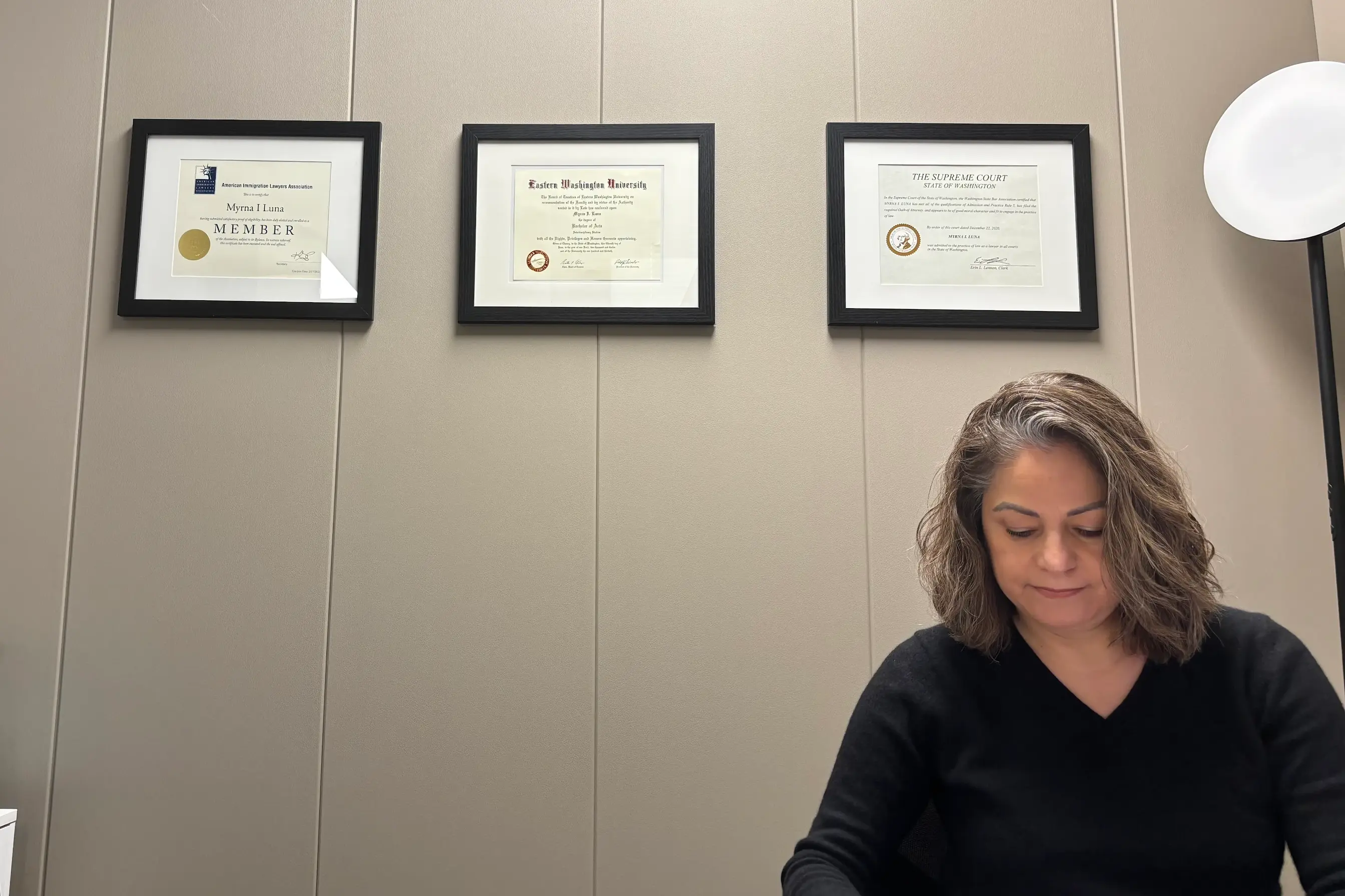2025 U.S. Naturalization Process: A Guide to Citizenship

Disclaimer: This article is for informational purposes only and does not constitute legal advice. Reading this blog does not create an attorney-client relationship. Every case is unique. Please contact Crescent Law, PLLC, located in Tukwila, WA, serving South King County and the greater Seattle area, to schedule a consultation.
2025 Policy Changes: What to Expect
In 2025, the path to U.S. citizenship through naturalization is undergoing potential changes that could impact applicants. While there are no definitive legislative updates as of September 2025, discussions around a more rigorous citizenship test and stricter interpretations of the "good moral character" requirement continue. Applicants should stay informed about these potential changes and prepare for a thorough and detailed application process. For the latest updates and a free consultation, contact our Seattle-area immigration lawyers.
What Is Naturalization?
Naturalization is the process by which a foreign national who is a lawful permanent resident (green card holder) becomes a U.S. citizen. To be eligible for naturalization, you must meet certain requirements, including residency, physical presence, and good moral character.
The Naturalization Process: A Step-by-Step Guide
The naturalization process can be broken down into the following steps:
- Determine Your Eligibility: The first step is to determine if you are eligible for naturalization.
- File Form N-400: If you are eligible, you must file Form N-400, Application for Naturalization, with USCIS.
- Biometrics Appointment: You will be scheduled for a biometrics appointment to provide your fingerprints, photograph, and signature.
- Citizenship Interview and Test: You will be interviewed by a USCIS officer and tested on your knowledge of English and U.S. civics.
- Oath of Allegiance: If you are approved, you will take the Oath of Allegiance at a naturalization ceremony and become a U.S. citizen.
Benefits of U.S. Citizenship
U.S. citizenship provides numerous benefits, including:
- The Right to Vote: As a U.S. citizen, you can vote in federal, state, and local elections.
- Protection from Deportation: U.S. citizens cannot be deported.
- The Ability to Travel with a U.S. Passport: A U.S. passport allows you to travel to many countries without a visa.
- The Ability to Sponsor Family Members: U.S. citizens can sponsor certain family members for green cards.
Why Legal Guidance Matters
Navigating the complexities of the naturalization process requires the expertise of an experienced immigration attorney. For residents of South King County, Tukwila, and the greater Seattle area, working with a local immigration attorney who understands the regional USCIS office procedures can be particularly beneficial. An experienced immigration attorney can help you:
- Ensure You Are Eligible: Determine if you are eligible for naturalization and identify any potential issues with your case.
- Prepare Your Application: Prepare a complete and accurate N-400 application and gather the necessary supporting documents.
- Prepare for Your Interview: Prepare you for your citizenship interview and test.
Frequently Asked Questions (FAQ)
Q: How long does the naturalization process take?
A: Processing times for naturalization applications can vary, but it typically takes about 12-18 months.
Q: What happens if I fail the citizenship test?
A: If you fail the citizenship test, you will be given a second opportunity to take it.
Q: Can I have a criminal record and still be eligible for naturalization?
A: It depends on the nature of the crime. Certain crimes can make you permanently ineligible for naturalization. It is important to speak with an immigration attorney if you have a criminal record.
Conclusion
Becoming a U.S. citizen is a dream for many. With the right legal guidance, you can make that dream a reality. At Crescent Law, located in Tukwila, WA, we are dedicated to helping residents of South King County and the greater Seattle area navigate the naturalization process and achieve their goal of becoming a U.S. citizen.



